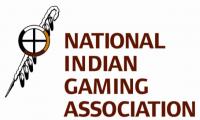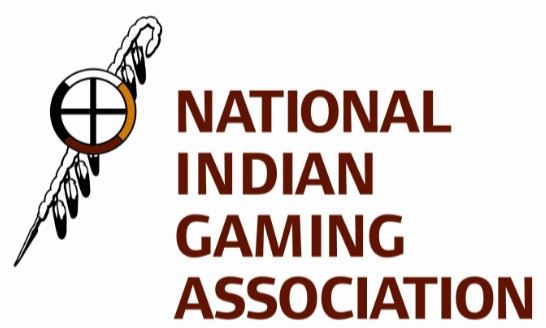 Tribal groups are concerned that Joe Barton’s pro-Vegas online poker bill will mean losing business. A House subcommittee heard opinions on the HR 2366 bill from both sides of the fence. The tribal delegate, National Indian Gaming Association (NIGA) chairman Ernest Stevens, was critical of plans for online poker advancement. The crux of the tribal argument states any regulation would be in violation of the Indian Gaming Regulatory Act of 1988.
Tribal groups are concerned that Joe Barton’s pro-Vegas online poker bill will mean losing business. A House subcommittee heard opinions on the HR 2366 bill from both sides of the fence. The tribal delegate, National Indian Gaming Association (NIGA) chairman Ernest Stevens, was critical of plans for online poker advancement. The crux of the tribal argument states any regulation would be in violation of the Indian Gaming Regulatory Act of 1988.
“Tribes are concerned that legalized Internet gaming will threaten their gains,” Stevens told the subcommittee.
HR 2366 gives states the power to regulate online poker and is tilted towards assisting US land-based casinos – some of whom lobbied Barton. An Office of Internet Poker Oversight would be created along with extremely strict guidelines on who can apply for one of the golden tickets. Realistically, you won’t get hold of one unless you’re a large US-based casino business meaning 888’s tie-up with Caesars looks as though it will bear some fruit.
Companies offering online poker services in one state will be able to accept wagers over state lines as the state at the other end is also reading from the same page. In terms of tribal wording, the bill doesn’t apply to intra-tribal activities. It applies to tribal sites offering services to the wider population at large and has Stevens riled. The tribes want:
• Protection of their rights to operate, regulate and tax Internet gaming, without subordination of those rights to the federal government.
• Availability of Internet gambling originating from Indian tribes to all states and localities where it is not prohibited.
• No taxation of tribal Internet gambling.
Tribes are increasingly vocal in opposition to the online poker plans and convinced they smell a rat. Seneca Nation president’s Robert Odawi Porter’s comments of “an instant monopoly” for the casino behemoths is one of the many opinions that are flying in the face of online poker regulation. Tribes have more time for intrastate proposals and are behind proposals in California. Their big push began with TV ads produced by the California Online Poker Association (COPA) criticizing federal plans for being pro-Vegas – Caesars CEO Gary Loveman even got some face time. It made no difference to the politicians and they now wait to see what 2012 brings.
Internet gaming regulation is a concern in the hearts and minds of tribal gaming groups as they’re unsure the effect it will have on their business. Momentum continues to gather pace behind Barton’s bill as land-based casino business interests recognize the time is ripe to “do the regulation.” Whichever side of the regulatory coin people hedge bets on it will be a while before anything meaningful comes down the pipe as far as the US is concerned – especially at a federal level.
